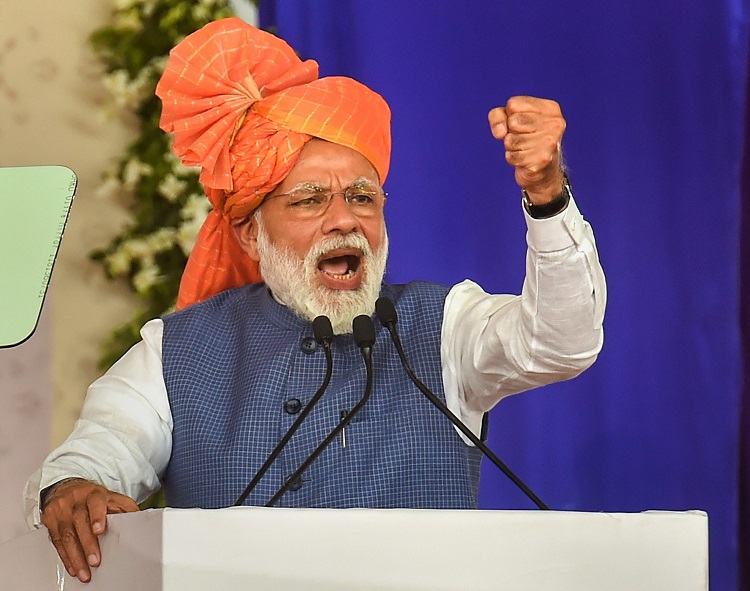Pakistan to Chair UNSC: Why Modiji Couldn’t Stop It? Modi Hai to Mumkin Hai – What More Will India See?
In a significant and highly controversial development on the global stage, Pakistan is set to chair one of the most powerful committees of the United Nations Security Council (UNSC) in 2025 — the Taliban Sanctions Committee, officially known as the 1988 Committee. This committee plays a crucial role in maintaining international peace and security by enforcing sanctions such as travel bans, asset freezes, and arms embargoes against Taliban-linked individuals and entities that pose a threat to stability in Afghanistan. The decision has raised eyebrows and triggered widespread concern in India and among global observers due to Pakistan’s long-standing allegations of supporting terrorism.
Equally surprising is the announcement that Pakistan will also serve as vice-chair of the UNSC Counter-Terrorism Committee in 2025, alongside global powers such as France and Russia. Algeria will take over as chair of this critical committee. These developments are being viewed by many as a diplomatic win for Pakistan but have caused outrage in India, where citizens, analysts, and political commentators are questioning how a country often accused of sheltering and supporting terrorist organizations is being handed such vital roles in global anti-terror mechanisms.
India has consistently raised its voice on international platforms against Pakistan’s alleged links to terrorism. The global community is well aware that Osama bin Laden — the mastermind behind the 9/11 terror attacks — was found and killed in Abbottabad, Pakistan, in 2011 by U.S. Navy SEALs. Additionally, India has frequently highlighted that Pakistan is home to the largest number of United Nations-proscribed terrorists and banned terror outfits. Despite these facts, the same Pakistan is now being entrusted with responsibilities that involve monitoring, managing, and combating global terrorism threats.
This unexpected development has led to mounting anger and confusion in India. A growing number of citizens are now demanding accountability from the Indian government, particularly Prime Minister Narendra Modi. The central question is — why didn’t India act diplomatically to prevent this from happening? Many are questioning why India did not use its strong international image and strategic relationships with global powers like the United States, France, and Russia to block Pakistan’s appointment to such critical UNSC roles. Critics are labeling it as a foreign policy failure and a serious blow to India’s global diplomatic influence.
Another layer of suspicion surrounds the role of the United States in this entire episode. Some political observers are questioning whether the U.S. is playing a dual game — publicly projecting India as a key strategic partner while covertly backing Pakistan in key international forums. This perceived betrayal has sparked deep mistrust and raised concerns about the reliability of Western allies when it comes to defending India’s core national interests on the global stage.
Further fueling the fire is the fact that Pakistan will also co-chair informal UNSC working groups on documentation and procedural matters, which gives it even more authority in shaping how the Security Council functions. This extended influence for a nation facing repeated allegations of sponsoring terror is being seen by many as not just ironic but deeply unsettling.
The current composition of the UN Security Council includes five permanent members — China, France, Russia, the United Kingdom, and the United States. The ten non-permanent members currently include Pakistan, Denmark, Greece, Guyana, Algeria, South Korea, Panama, Slovenia, Sierra Leone, and Somalia. In 2026, five new countries — Bahrain, the Democratic Republic of Congo, Liberia, Latvia, and Colombia — are set to join as non-permanent members.
For Pakistan, this marks a significant diplomatic victory, positioning it as a key player in global counter-terrorism policy shaping. However, for many Indians, it is a moment of deep disappointment, frustration, and a wake-up call about India’s current global influence and strategic positioning. The nation now awaits clear answers from the government — how could this have happened under India’s watch, and who in the international community is silently backing Pakistan’s rise in such sensitive areas of global governance?
For more detailed updates and video news coverage on this story, visit our YouTube channel THE OLIGO.

